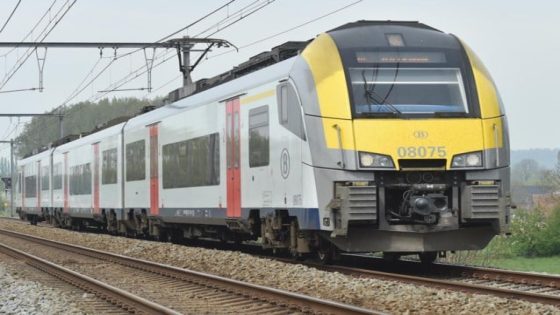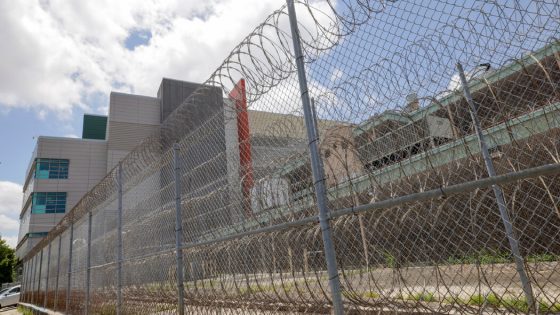Belgium‘s ongoing labour unrest remains a hot topic as Premier Bart De Wever firmly stands by his policies despite mounting union strikes. On 2025-05-12 14:58:00, De Wever described the railway strikes as “absurd” and dismissed calls to alter his approach, signaling a tense standoff between government and unions.
- Premier De Wever weigert beleid aan te passen
- Vakbonden blijven strijdvaardig en plannen acties
- ACOD verzet zich tegen premier uitspraken
- ACV benadrukt succes van eerdere acties
- Premier benadrukt ruimte voor sociaal overleg
The trade unions, however, remain resolute. Representatives from ACOD and ACV unions have pushed back against the premier’s remarks, insisting that their strike actions have previously influenced policy changes and that more actions are forthcoming.
With the government holding its ground and unions gearing up for continued protests, what does this mean for Belgium’s social dialogue and public services? The situation calls for a closer look at the stakes involved.
Why is the conflict escalating despite previous negotiations? The premier’s dismissal of strikes as “absurd” risks deepening the divide, yet he maintains there is still room for social dialogue. This raises key questions about the future of labour relations in Belgium:
- Can the government and unions find common ground without further disruption?
- Will continued strikes impact essential public services like railways?
- How effective are strikes in shaping government policy under current leadership?
As tensions persist, will dialogue prevail or will Belgium face prolonged unrest? Stakeholders must stay engaged and seek constructive solutions to ensure social peace and effective governance moving forward.

































